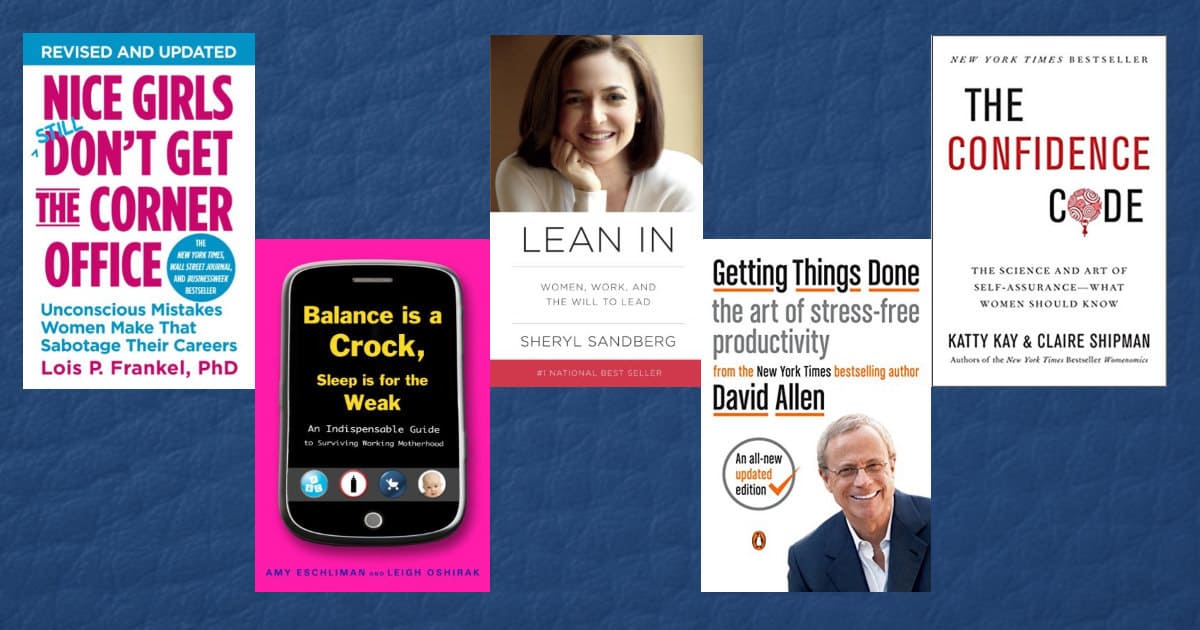This post may contain affiliate links and Corporette® may earn commissions for purchases made through links in this post. As an Amazon Associate, I earn from qualifying purchases.

Wondering what the best career advice from coaches is?
We recently contacted several top career coaches (many recommended by Corporette® readers!) to ask them to share their best career advice for professional women in BigLaw, BigFour, and other Big jobs.
They shared their thoughts on growing your network and building your reputation, communicating with colleagues and making your expectations clear, keeping an open mind regarding your future career path, and deciding whether or not it’s time to leave a job.
Readers, have you ever used a career coach? What’s your best career advice to share with young lawyers, accountants, or other professionals?
Psst: we’ve talked about how to find career coaches before, as well as offered other tips on how to succeed in your career.
Here’s what they shared with Corporette® readers as far as their best career advice:
Elizabeth H. Munnell, J.D., EHMunnell:
Some baseline advice for young women starting practice in large law firms: Do not listen to anyone who, in your first few years as a lawyer, warns against spending otherwise billable hours building your network and reputation in the community. Time spent developing a broad and coherent business network, and learning the basics of client development and business generation, is a direct investment in your future and a path to a self-sustaining practice. That it may be non-billable is irrelevant.
Your friends and classmates in the business community are already on message — and they are already ahead. MBAs receive sophisticated training in network building and business generation, and are not at all embarrassed, nor prohibitively intimidated, by the task. Keep in mind, also, that many of the men with whom you are competing start out with broader networks, and a better shot (yes — because they are men) of attracting the partner sponsors essential to advancement.
Rachael Bosch, Managing Director, Fringe Professional Development:
My biggest piece of advice is to avoid the expectation void! Try your best not to make assumptions about other people and be as clear as possible with your own expectations. That may mean outlining your plans for a big vacation within your first year when you start or clearly outlining what behaviors you want to see from folks you manage. We live in a culture where the common reaction to tough conversations is “it’s just not worth it to say anything,” [and] my advice is that the price is too high to not clearly articulate your expectations. After all, if you set expectations that people don’t achieve, that’s on them. But, if you never set the expectation in the first place, that’s on you!
Kate Neville, President & Executive Coach, Neville Consulting Services:
Before [leaving your employer], it can be worth the effort to think about how you might improve your daily experience within the organization. In conducting that cost-benefit analysis for any position, it’s important to:
1. Recognize that any job is going to have its pros and cons
2. Understand that the grass often looks greener from the other side
3. Prioritize what factors are most important to you
4. Make a distinction between what you can control and what you can’t
5. Identify which trade-offs you’re willing to accept, and
6. Develop strategies to effectively exert influence in areas that work to your advantage.
Linda Raynier CPA, CA, Career Strategist, Speaker, and Intuitive Purpose Coach:
My advice would be to learn and absorb as much as you can on the job and keep an open perspective for your career. For some people, a corporate position is THE ideal career for them. But for others, you may one day realize that your corporate job served a specific purpose at a certain time in your life, but you may eventually want to move into something different. So make sure you have a plan on how you can leverage the skills and experience you gained from your corporate career to get you moving forward in your new profession.
Do you agree — is this the best career advice from coaches that you’ve heard? If you’ve been in your field a while, what is the career advice you most often pass on to younger colleagues? If you’re relatively new, what is the best advice you have received so far? Have you ever used a career coach, and if so, why?


Anon
I am working on a job proposal for a new position for myself in another entity my company owns. I feel the position is needed, and have a good idea of content I plan to use. Does anyone have experience or advice on how to structure the written proposal? I also would like advice on the pitch itself. This is something I have spoken to my superiors with, and they agree it is a necessary position and are supportive.
Ellen
I wish I had had a career coach b/f applying to law school. Even tho I am doieng great legal work and am paying the rent, I often wish that I had gone into Broadway theater b/c when I go to shows, I think I could get up there and perform as well, tho I do NOT have a good singing voice like Rosa. In many ways, Dad thinks of me the way the doctor in Dirty Dancing thought of Baby. Rosa was like the sister (who I can’t remember her name), and I was like Jennifer Grey, tho she was much more svelte then I ever was. But if I had a coach, she could have told me how to break into Broadway and become a star! YAY!!!!
Anonymous
Thank you – some good ideas here.
Sharon Lee
The advice I give to my attorney coaching clients (and what I applied as an attorney), is to 1) find a sponsor who will advocate on your behalf when you’re not in the room, and 2) network with those who you think may be your client one day – this works well for corporate attorneys. For the sponsor part, find one or two senior attorneys or partners who you can do work for, and then do the best work you can for them. Be reliable, consistent and resourceful – that’s all people want from a junior attorney. This person will then speak up for you and say good things when they are around their own power circle. For the networking, I learned quickly to make friends with the young investment bankers who were on deals with me (I did distressed M&A) because they will one day leave the bank and go work for a hedge fund or a private equity shop, and become potential clients. I left the firm and went in house before this came to fruition, but those relationships were priceless and it showed the partners that I was interested in building business, which then led to them investing in my career development.
lauren
Hi K ate,
I am working on a job proposal for a new position for myself in another entity my company owns. I feel the position is needed, and have a good idea of content I plan to use. Does anyone have experience or advice on how to structure the written proposal? I also would like advice on the pitch itself. This is something I have spoken to my superiors with, and they agree it is a necessary position and are supportive.thank you sharing